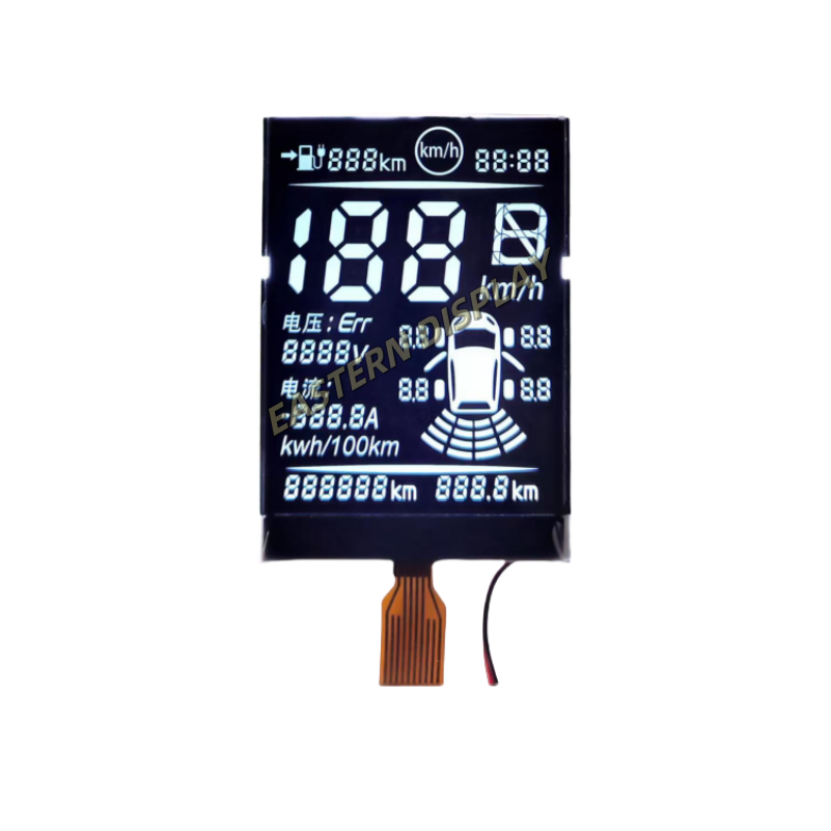
This guide provides a detailed overview of LG LCD technology, exploring its various types, applications, advantages, and disadvantages. We'll delve into the specifications, compare different models, and address common user concerns. Whether you're a consumer looking to purchase a new display or a professional seeking technical insights, this resource will equip you with the knowledge you need.
LG is renowned for its IPS technology. IPS panels offer wide viewing angles, accurate color reproduction, and superior image clarity. They are frequently used in high-end monitors and televisions due to their excellent visual performance. While generally offering superior color accuracy compared to other LCD technologies, they might have slightly slower response times. Many LG monitors, especially those geared towards professional use, leverage IPS technology for its benefits.
TN panels are a more budget-friendly option. They are known for their fast response times, making them suitable for gaming monitors. However, they often have narrower viewing angles and less accurate color reproduction compared to IPS panels. LG might offer certain budget-friendly LG LCD televisions or monitors utilizing TN technology. This generally means a trade-off between cost and image quality.
VA panels strike a balance between the advantages of IPS and TN. They offer good contrast ratios and deep blacks, often surpassing IPS in this area, but may have slightly slower response times than TN panels. LG utilizes VA technology in selected product lines, offering an alternative to their IPS offerings. This technology provides a nice middle ground for those seeking improved contrast at a relatively competitive price point.
LG produces a wide range of televisions employing various LG LCD technologies. From budget-friendly options to high-end models with stunning picture quality, their televisions cater to diverse needs and budgets. Many models incorporate features like HDR (High Dynamic Range) and 4K resolution, significantly enhancing the viewing experience.
LG offers a broad selection of monitors for various applications, including gaming, professional use, and general computing. They cater to different screen sizes, resolutions, and features. Their monitor line utilizes a range of technologies, each optimized for specific uses. For example, their gaming monitors frequently prioritize fast response times.
Beyond televisions and monitors, LG LCD technology finds its way into other applications, such as medical displays, industrial control panels, and automotive displays. The adaptability and versatility of their displays allows LG to cater to a wide spectrum of industrial needs.
Selecting the right LG LCD depends on your specific needs and budget. Consider factors like screen size, resolution, response time, viewing angles, and color accuracy. The following table summarizes the key differences between the main panel types:
| Panel Type | Response Time | Viewing Angle | Color Accuracy | Contrast Ratio |
|---|---|---|---|---|
| IPS | Moderate | Excellent | Excellent | Good |
| TN | Fast | Narrow | Good | Moderate |
| VA | Moderate | Good | Good | Excellent |
LG is a leading manufacturer of high-quality LG LCD displays. Understanding the different panel technologies and their respective strengths will help you make an informed decision when choosing an LG LCD for your specific needs. Remember to consider your budget, intended use, and prioritize the features most important to you.
For a wider selection of high-quality LCD displays, consider exploring the extensive range offered by Dalian Eastern Display Co., Ltd. They offer competitive pricing and excellent customer service.
1 LG Display Website (Specific product specifications are available on the official LG website and may vary by model.)












